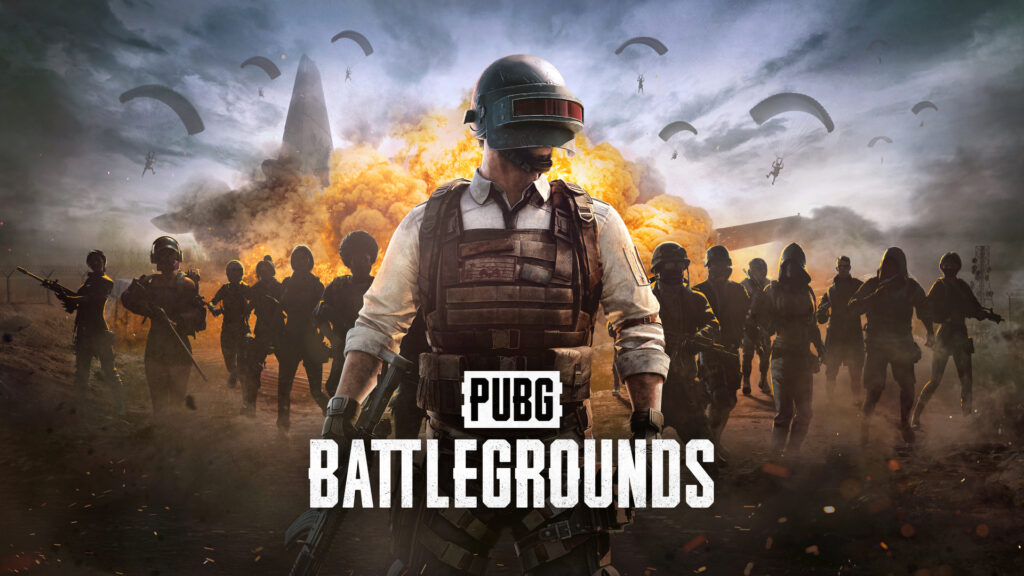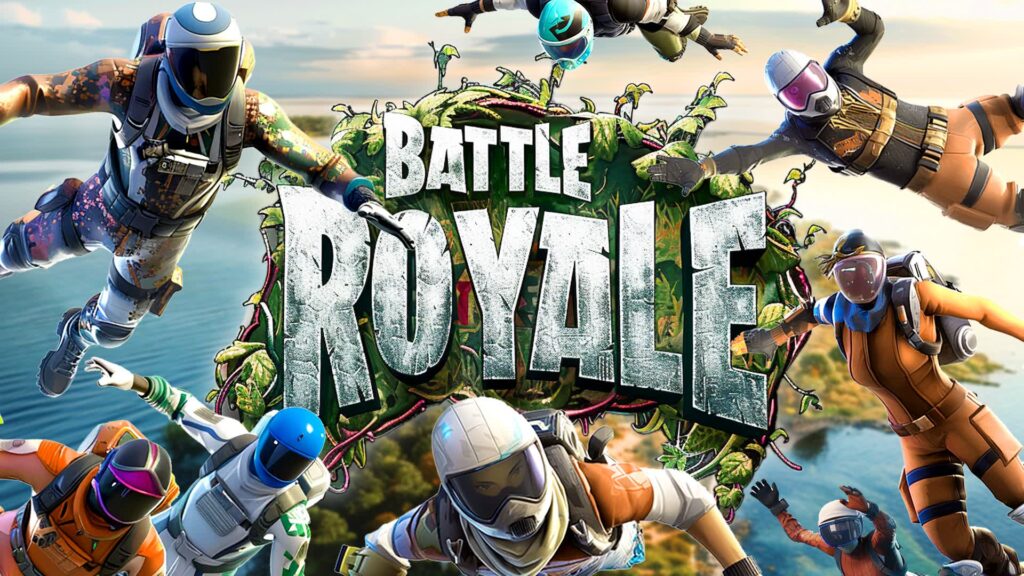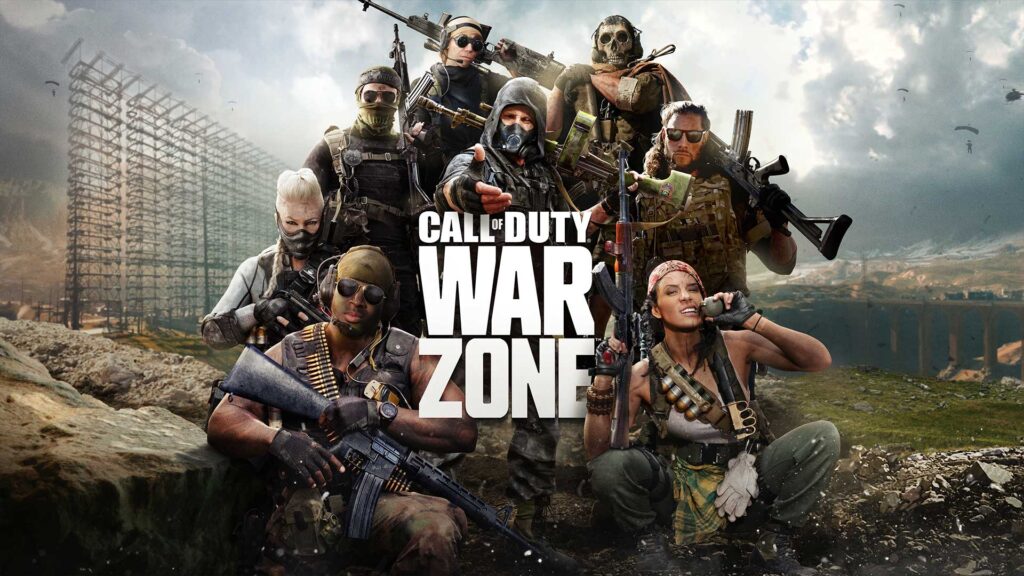Battle royale games have skyrocketed in popularity over the last decade, transforming from a niche genre to a cultural phenomenon that dominates the esports scene. These games blend survival, exploration, and scavenging elements of a survival game with last-man-standing gameplay.
Let’s delve into the world of battle royale esports, examining its origins, major games, and the impact on the gaming industry.
Contents
What is Battle Royale?
A battle royale game involves dropping a large number of players onto an isolated map where players search for weapons and equipment to eliminate others while avoiding getting killed themselves. The play area gradually decreases, forcing players into tighter spaces and increasing encounters. The last person or team standing wins the game.
The First Battle Royale Game
The concept of battle royale games was arguably pioneered by the mod “DayZ: Battle Royale,” an offshoot of the popular ARMA 2 mod “DayZ.” However, it was H1Z1 that first gained popularity as a standalone battle royale game.
Shortly thereafter, games like PlayerUnknown’s Battlegrounds (PUBG), developed by Brendan Greene (also known as PlayerUnknown), who was involved in the ARMA 2 mod, took the genre to new heights.
History of Battle Royale Games
The battle royale genre started gaining traction in 2017 with the release of PUBG, which quickly became a sensation due to its thrilling gameplay and strategic depth.
This success paved the way for other games, including Fortnite Battle Royale, which introduced unique building mechanics and a more vibrant aesthetic. By mid-2018, Fortnite had become a cultural titan, influencing more than just the gaming community.
Prominent Battle Royale Games
Here are some of the most influential and widely-played battle royale games, each bringing its own unique twist to the genre:
PlayerUnknown’s Battlegrounds (PUBG)

PUBG stands out for its realistic approach to the battle royale genre, where 100 players strive to survive under increasingly challenging conditions.
- Realistic graphics
- Wide range of weapons
- Expansive maps that grow in complexity
Fortnite Battle Royale

Fortnite revolutionized the genre by integrating building mechanics that allow players to construct defenses on-the-fly, adding an extra layer of strategy.
- Vibrant, cartoonish graphics
- Dynamic seasonal events
- Cross-platform compatibility enhances accessibility
Apex Legends

In the universe of Titanfall, Apex Legends introduces a roster of characters each with distinct abilities, encouraging a more team-oriented approach to the battle royale format.
- Squad-based gameplay with unique character skills
- High-paced combat dynamics
- Continuously evolving narrative and character roster
Call of Duty: Warzone

Merging the classic Call of Duty first-person shooter experience with battle royale elements, Warzone offers an intense combat experience with large-scale battles.
- Supports up to 150 players per match
- Deep customization of loadouts
- Special in-game contracts that add objectives
These games exemplify the diversity and depth of the battle royale genre, each bringing unique elements that cater to different player preferences and strategies.
Conclusion
Battle royale games have not only revolutionized the way we play games but have also become a staple in competitive gaming and esports. Their rise to prominence is a testament to their ability to provide endlessly entertaining and highly competitive gameplay that appeals to both casual gamers and professional players. As the genre evolves, it continues to expand its influence, promising even more exciting developments in the future.
Related:
